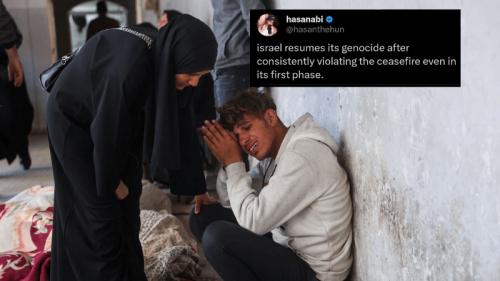THE government may have thwarted a detailed public discussion of its National Internal Security Policy for now by keeping its contents secret, but since the problem it seeks to address is hardly a secret, the likely issues with implementation of the policy are also well known. And perhaps nowhere will the challenge be more immense than in that most vexing and long-standing of problems here: the civil-military relationship. At least the interior ministry and the government are awake to the crucial nature of the issue: from Interior Minister Nisar Ali Khan’s remarks in parliament on Wednesday, it appears that two new federal-level ministerial divisions — internal security and intelligence — are to be set up to specifically deal with the coordination problem between the armed forces and civilian law-enforcement agencies and the military and civilian intelligence set-ups respectively.
Yet, identifying a problem is one thing, being able to fix it quite another. If the internal security and intelligence divisions are to be a success in their missions, much will depend on the institutional structure and nominated personnel of those coordinating bodies. But there is a wider problem, one of institutional culture on both sides, civilian and military. Start with the military side. For all the recent support of the democratic project and for the transition to democracy, the military views the civilian law-enforcement and intelligence agencies with an ingrained suspicion, if not hostility, that will be hard to reverse. To state that is not speculative rumour-mongering, but something that was very recently, in black and white, stated in a leaked version of the Abbottabad Commission report. In that report, the comments of then-ISI chief Gen Pasha about the civilian law-enforcement apparatus could be termed shocking and stunning — if the institutional history is forgotten. To get the army high command — and also MI and ISI — to acquiesce in meaningful cooperation on intelligence matters with their civilian counterparts will require a fundamental shift in attitude. And fundamental shifts in attitude do not come easily, even if the military now believes that militancy and terrorism are the greatest threat to the security of Pakistan.
The other side of the coin is the civilian approach, where also a fundamental shift is required. The historical experience is part of the reason why the civilians do not quite take charge or emphatically insist on imposing the true constitutional order of control. But so are the issues of capacity and politicisation of civilian-run law-enforcement and intelligence agencies — something the military often harps on, and correctly so. Until that changes, true change in coordination between the civilians and the military will not be realised.












































